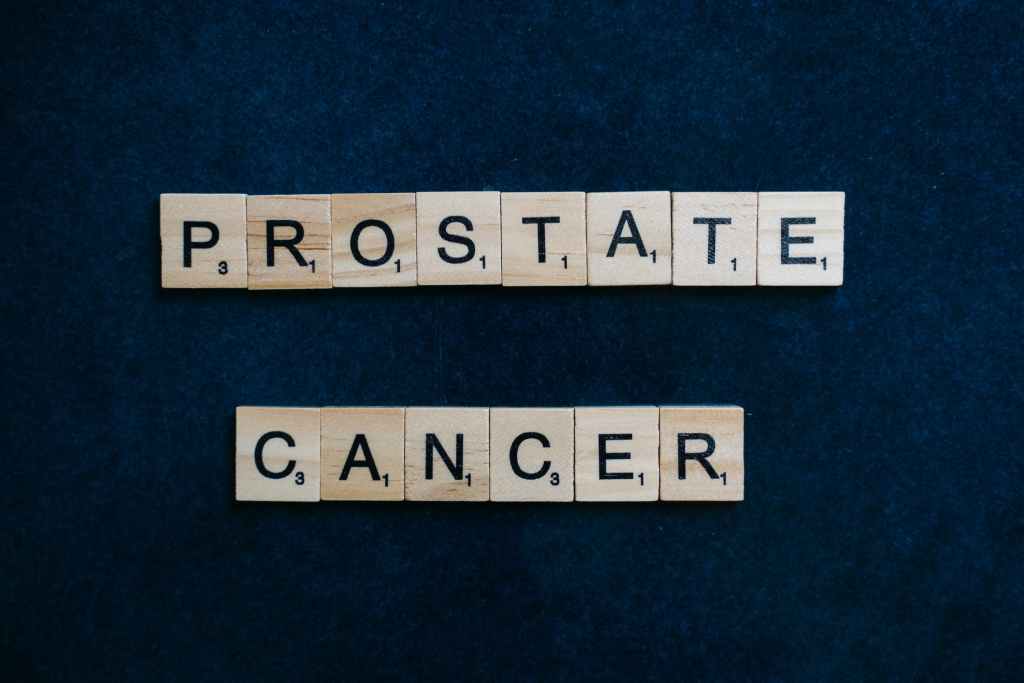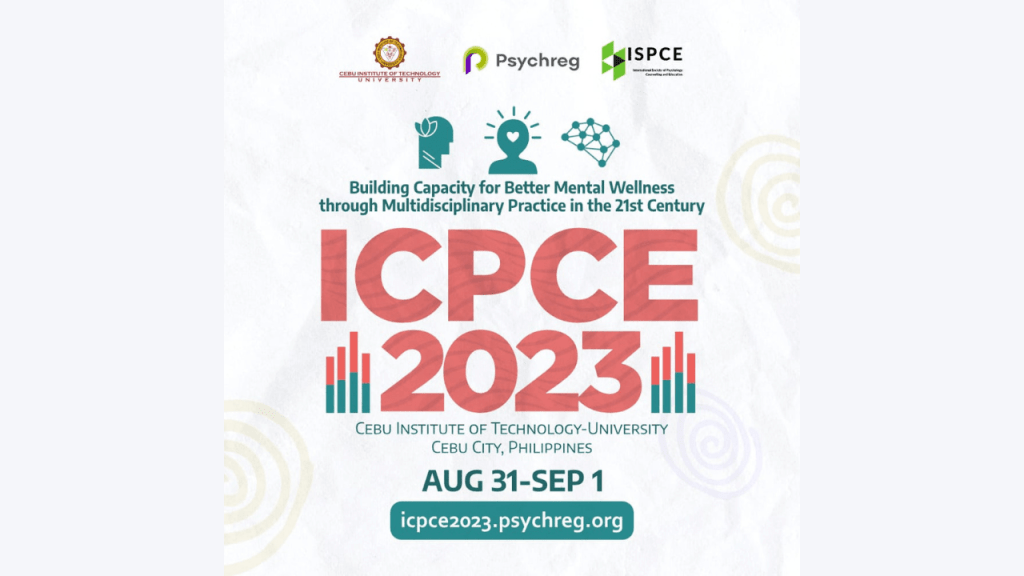Childhood trauma can have significant and lasting effects on an individual’s mental health. Trauma is defined as a deeply distressing or disturbing experience, and childhood trauma refers to experiences that occur during childhood that are emotionally or physically harmful or threatening to a child’s well-being. Childhood trauma can manifest in various forms, including physical, emotional, or sexual abuse, neglect, or household dysfunction.
Research has shown that childhood trauma can have severe and long-lasting effects on mental health. The Adverse Childhood Experiences (ACE) study, a large-scale study conducted by the Centers for Disease Control and Prevention (CDC) and Kaiser Permanente, found that individuals who experienced childhood trauma are more likely to have adverse health outcomes, including chronic physical and mental health conditions, substance abuse, and other negative life outcomes. This study suggests that the more trauma an individual experiences during childhood, the greater their risk for negative health outcomes later in life.
One of the most common mental health conditions associated with childhood trauma is posttraumatic stress disorder (PTSD). PTSD is a mental health condition that develops after a traumatic event or series of events, such as those experienced during childhood trauma. Individuals with PTSD may experience flashbacks, nightmares, and intrusive thoughts related to the traumatic event. They may also avoid triggers that remind them of the trauma, feel a sense of detachment from others, and experience negative changes in mood and thinking.
Childhood trauma can also lead to depression, anxiety, and other mood disorders. Children who experience trauma may develop low self-esteem, feelings of worthlessness, and negative self-talk. They may struggle with trust and intimacy issues, have difficulty regulating their emotions, and experience intense mood swings. Childhood trauma can also increase an individual’s risk of developing substance use disorders and engaging in other high-risk behaviours, such as self-harm and suicidal ideation.
It is important to note that not all individuals who experience childhood trauma will develop mental health conditions. However, the risk of developing mental health conditions increases with the severity and frequency of the trauma experienced during childhood. Additionally, individuals who have a history of childhood trauma may be more vulnerable to stress and may have a harder time coping with stressors in their daily lives.
In order to address the impact of childhood trauma on mental health, it is important to provide individuals with trauma-informed care. Trauma-informed care is an approach that acknowledges the prevalence and impact of trauma and seeks to promote healing and recovery for individuals who have experienced trauma. Trauma-informed care involves creating a safe and supportive environment, building trust and rapport with individuals, and providing evidence-based treatments that address the underlying trauma.
Evidence-based treatments for childhood trauma include cognitive behavioural therapy (CBT), eye movement desensitization and reprocessing (EMDR), and dialectical behaviour therapy (DBT). These treatments aim to help individuals process the trauma they experienced, challenge negative beliefs and thoughts related to the trauma, and develop coping skills to manage stress and regulate emotions.
In addition to seeking professional help, there are steps individuals can take to promote their own mental health and well-being. These include practising self-care, such as exercise, healthy eating, and getting enough sleep. It can also be helpful to engage in activities that promote relaxation and stress relief, such as meditation, yoga, and deep breathing exercises. Connecting with a supportive community and engaging in meaningful social activities can also help to promote mental health and well-being.
Childhood trauma can significantly impact an individual’s mental health, increasing the risk of developing conditions such as PTSD, depression, anxiety, and substance use disorders. The severity and frequency of trauma experienced during childhood can also increase the risk of negative health outcomes later in life. Evidence-based treatments like TF-CBT, EMDR, and DBT can help individuals address underlying trauma and develop coping skills to manage stress and regulate emotions. Additionally, self-care practices, connecting with a supportive community, and engaging in meaningful social activities can promote mental health and well-being.
Recovering from childhood trauma is a process that may take time. Seeking professional help and support is essential, and individuals should not feel ashamed or stigmatised for seeking help. It’s important to recognize that each person’s healing journey is unique, and there is no one-size-fits-all approach to addressing childhood trauma.
The impact of childhood trauma on mental health underscores the importance of preventing and addressing trauma in children. This can include providing safe and stable environments, promoting positive parenting practices, and offering access to mental health resources for children who have experienced trauma.
In conclusion, childhood trauma can have long-lasting effects on mental health. Acknowledging the impact of trauma, providing evidence-based treatments, and seeking support from a community can aid in recovery. Preventive measures can also help promote healthy development and address trauma in children.
David Radar, a psychology graduate from the University of Hertfordshire, has a keen interest in the fields of mental health, wellness, and lifestyle.




























